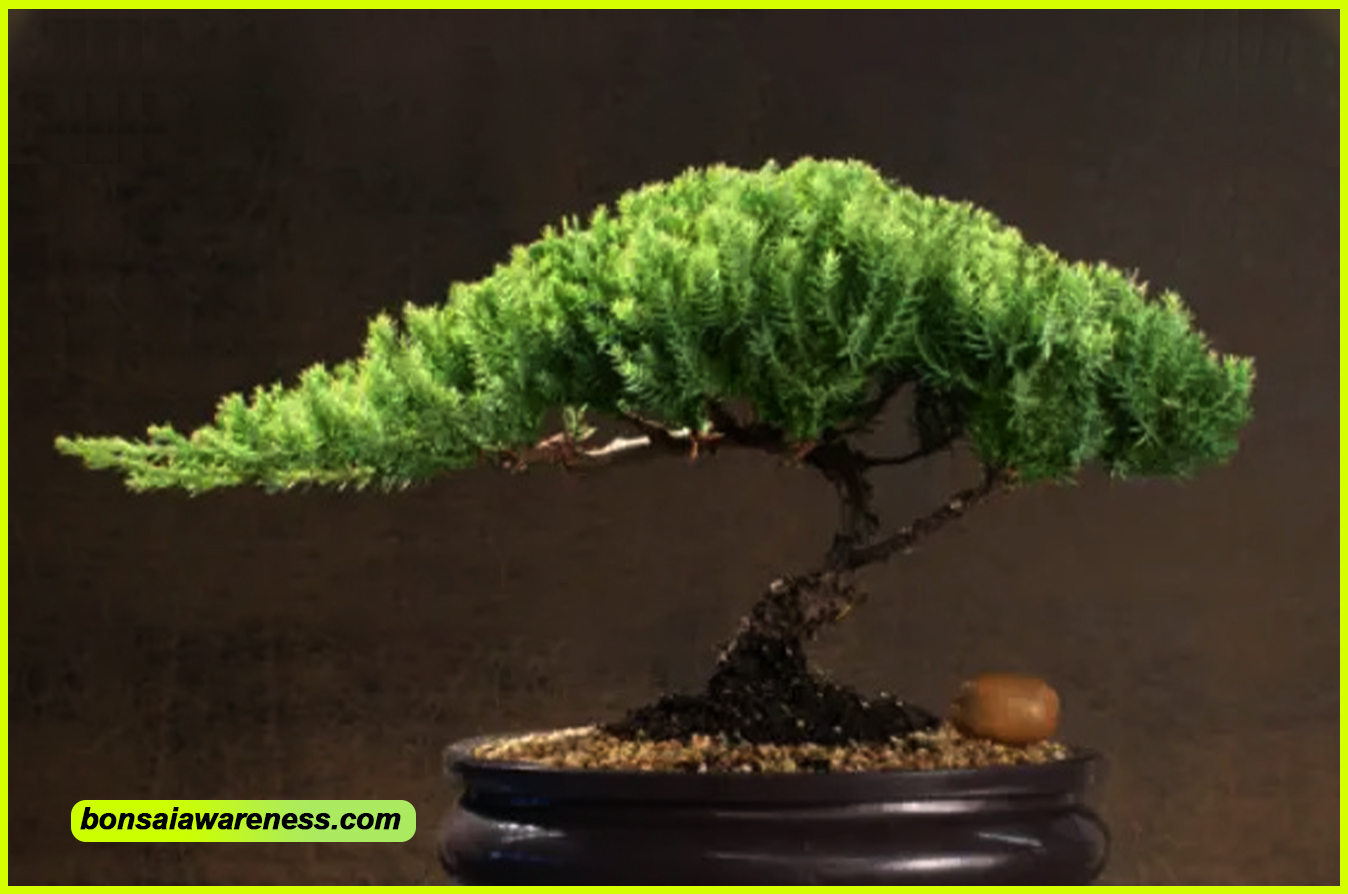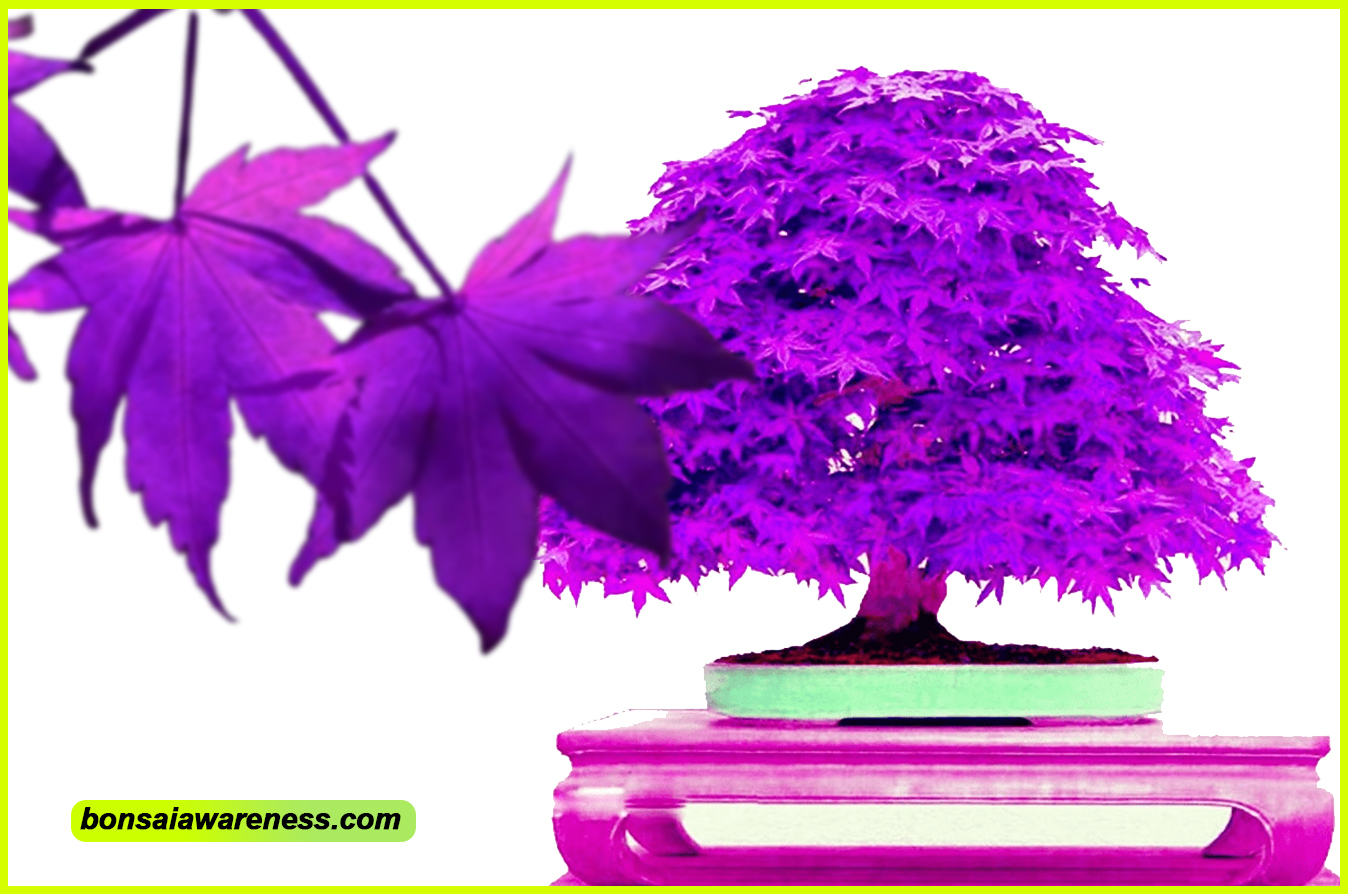A bonsai apple tree with fruit is a miniature apple tree that is grown in containers and produces small fruits. It is a compact and beautiful addition to any garden or indoor space.
Introducing the bonsai apple tree with fruit! This unique and captivating plant is a miniature version of the traditional apple tree, cultivated in containers, and adorned with small, charming fruits. It is the perfect choice for anyone looking to add a touch of elegance and nature to their garden or indoor space.
With its compact size and exquisite appearance, the bonsai apple tree with fruit is sure to draw attention and become a conversation piece. Whether you are an experienced gardener or a beginner, this fascinating plant is a great option that allows you to enjoy the beauty and joy of apple trees in a smaller, more manageable form. Let’s explore more about the bonsai apple tree with fruit and learn how to care for and maintain this enchanting botanical gem.
Choosing The Right Apple Tree
When selecting an apple tree for bonsai, it is important to consider the tree variety. Certain apple tree varieties are more suitable for bonsai growth than others. Some varieties have smaller leaves and branches, making them easier to shape and maintain in a bonsai style. Examples of apple tree varieties suitable for bonsai include Malus pumila, Malus domestica, and Malus sylvestris.
These varieties typically have a compact growth habit and produce smaller fruit, which is desirable for bonsai specimens. Additionally, they can adapt well to the restricted root system of a bonsai pot. When choosing an apple tree variety for bonsai, it is important to ensure it is compatible with the specific requirements of bonsai cultivation, such as adequate sunlight, well-draining soil, and regular watering and feeding.
By selecting a suitable apple tree variety, bonsai enthusiasts can create stunning miniature apple trees with fruit that will bring beauty and joy to their bonsai collection.
Planting And Potting
Bonsai apple trees can bring a touch of natural beauty into any space. When it comes to planting and potting, selecting the right container is crucial. Look for a pot that is proportional to the size of your tree, allowing room for growth. A good rule of thumb is to choose a pot that is one-third the height of the tree. Additionally, consider the pot’s material—clay pots are a popular choice as they provide good drainage.
When it comes to potting mix, a well-draining mixture is essential. Opt for a mixture that consists of equal parts coarse sand, peat moss, and perlite. This combination ensures proper aeration and prevents waterlogged roots. Moreover, it’s important to ensure that the pot has adequate drainage holes to prevent excess moisture buildup. Regularly check the drainage holes and clear any blockages to maintain optimal drainage. By following these steps, you can create a suitable environment for your bonsai apple tree to thrive and bear fruit.
Caring For Your Bonsai Apple Tree
|
Pruning and Training Techniques: Proper pruning and training are essential for a healthy bonsai apple tree. Regularly trim back new growth to maintain the desired shape and encourage fruit production. |
|
Watering and Feeding Tips: Ensure that the soil is moist but not waterlogged, and water the tree deeply when the topsoil feels dry. Use a balanced fertilizer to provide essential nutrients during the growing season. |
Dealing With Pests And Diseases
Bonsai apple trees can suffer from various pests and diseases, but with proper identification and the use of natural remedies, these issues can be effectively dealt with. Some common pests that can affect bonsai apple trees include aphids, spider mites, and scale insects. Aphids can be identified by their small size and clusters on the leaves, while spider mites cause webbing and stippled leaves. Scale insects appear as small bumps on the branches. To combat these pests, you can try spraying the tree with a mixture of water and dish soap or using neem oil. Additionally, bonsai apple trees can also face diseases like powdery mildew and apple scab. Powdery mildew can be recognized by its white, powdery patches on the leaves, while apple scab presents as dark scabs on the fruit and leaves. Proper ventilation and avoiding overhead watering can help prevent these diseases. Applying a mixture of baking soda and water or using a fungicidal spray can also help control the spread of these diseases. By being vigilant and using natural remedies, you can keep your bonsai apple tree healthy and productive.
Harvesting And Enjoying The Fruits
Harvesting and enjoying the fruits of a bonsai apple tree can be a rewarding experience. Understanding how fruit development occurs is essential for the best taste and quality. When your apple tree begins to produce fruits, it’s important to know when the right time to harvest is. Ripe apples can be identified by their color, firmness, and taste. Gently twist the fruits from the tree, being careful not to damage the tree or the remaining fruits. Once harvested, wash the apples thoroughly to remove any dirt or debris. Next, slice the apples and take a moment to appreciate the fresh aroma. Savor the taste of your homegrown apples. The flavors and textures will be unique and truly satisfying. Experiment with different ways to enjoy them, such as in desserts, salads, or even fresh off the tree.
Frequently Asked Questions On Bonsai Apple Tree With Fruit
Do Bonsai Apple Trees Produce Fruit?
Yes, bonsai apple trees can produce fruit with proper care and maintenance. With the right conditions and techniques, they can bear small-sized apples suitable for their miniature form. Regular pruning and suitable environmental conditions are essential for fruit production.
Will Bonsai Trees Bear Fruit?
Yes, bonsai trees can bear fruit if they are the fruit-bearing variety. Bonsai cultivation techniques can help stimulate fruit production in these trees. However, not all bonsai trees are capable of bearing fruit, as some are specifically cultivated for their aesthetic value.
Can You Eat Bonsai Apples?
Yes, you can eat bonsai apples. They are miniature versions of regular apples and can be consumed just like their larger counterparts.
Can You Eat Bonsai Fruit?
Yes, you can eat certain fruits from bonsai trees. However, not all bonsai fruit is edible. It’s important to research the specific type of bonsai tree and its fruit before consuming. Some popular edible bonsai fruits include citrus, figs, and pomegranates.
Always confirm the safety of consumption.
Conclusion
Growing a bonsai apple tree with fruit is a rewarding and fulfilling experience. With proper care and patience, you can enjoy the beauty of miniature apples and the tranquility of tending to a living artwork. Embrace the art of bonsai to cultivate a unique and captivating addition to your home or garden.


Leave a Reply